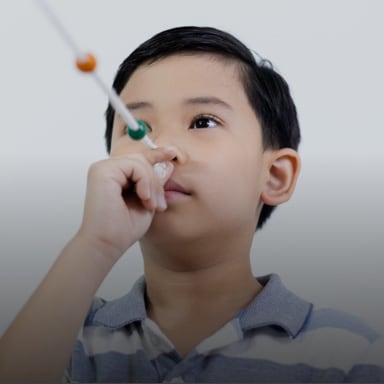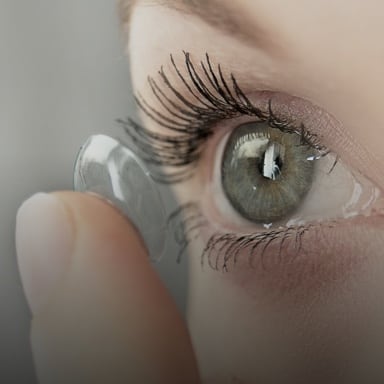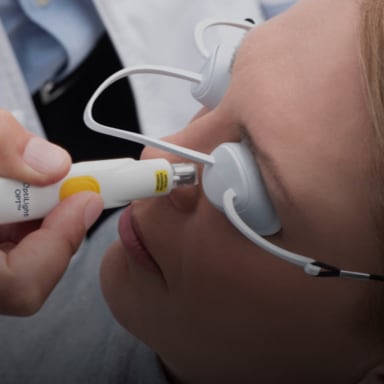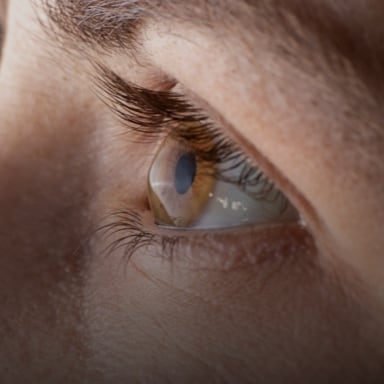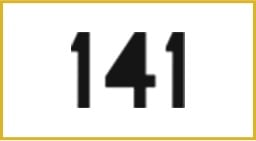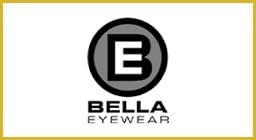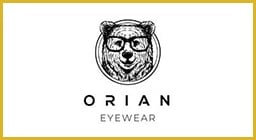Take Our Short Quiz to Learn More About Your Child’s Risk for Myopia

So, What is Myopia?
Myopia is a condition that typically begins to take shape in early childhood. Also known as nearsightedness, it occurs when the eyeball grows too big and causes an impaired ability to clearly view objects in the distance.
When your child’s eyes are developing and growing, all of the structures—the cornea, the lens, and the retina—must be precisely aligned for your child to see clearly. But sometimes, their eye is too big, or the cornea becomes too curved for how big the eye is.
When this happens, light does not refract properly in the eye. Rather than creating a pinpoint focus on the retina at the back of the eye (the part of our eyes responsible for turning light into images), light focuses in front of the retina. This causes blurry distance vision.
Naturally, we want to protect children’s vision by monitoring and helping manage the progression of myopia through regular eye exams. If your child is affected by nearsightedness, you can get started on myopia control right away. The sooner we can start myopia management, the more impactful our interventions can be!
How Does Myopia Affect Children?
Myopia can affect your child’s daily life both inside and outside the classroom. In class, the blurry vision caused by myopia can create vision-related learning problems, such as making it difficult for children to see the whiteboard in school, hindering their ability to learn and participate.
Imagine struggling to decipher notes, read books, or see presentations clearly—that can lead to frustration, decreased focus, and even difficulty keeping up with peers in class.
Beyond academics, myopia can also affect a child’s social interactions and physical activity. Difficulty seeing friends’ faces across the playground or missing visual cues during games can lead to social awkwardness and a reluctance to participate in sports or outdoor activities. This lack of physical activity can contribute to other health problems down the line.
The Long & Short of Myopia Management
The advancement of myopia can prevent people from having refractive surgery when they get older, and worse yet, it is a significant risk factor for many eye diseases that we get when we are older.
Millions of Americans are affected by myopia, and the number continues to rise. Our eyes don’t stop growing until we reach our 20s. This gives myopia a lot of time to impact our vision if left uncontrolled. Recent research has indicated that even small amounts of myopia can increase our risk of developing eye diseases like cataracts, glaucoma, and myopic macular degeneration.
Thanks to advances in modern medicine and optometric research, we now know that we can control the progression of myopia safely while our eyes are still developing.
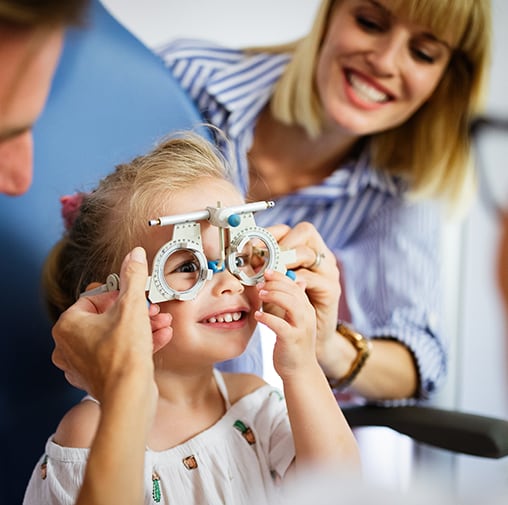

OK, What Can We Do?
The team of experts at Specialty Eye is happy to offer several management options for your child’s myopia. Our recommended strategy will depend on how far along their myopia is, their age, and their comfort level with drops or contact lenses.
Atropine
Low-dose atropine has been proven to slow the advancement of myopia in children. Typically given as eye drops at bedtime, atropine isn’t able to reverse the effects of myopia, but it has slowed its progression. This innovative treatment could help reduce your child’s risk of developing high myopia, which can increase the risk of eye diseases and conditions.
At Specialty Eye, our myopia specialists typically prescribe atropine in combination with other treatments in order to maximize the effects of treatment.
Soft Multifocal Contacts
Children as young as 4 have been able to wear multifocal contact lenses comfortably to help slow the progression of myopia. Multifocal contact lenses allow them to see clearly at all distances. Multifocal lenses—which feature multiple prescriptions in a concentric ring pattern—cue the eyes to stop growing (elongating), while quickly bringing light into focus on the retina.
Ortho-K
Sleep shaping orthokeratology, or ortho-k, is a comfortable glasses-free way of correcting vision. Through a special retainer contact lens like device worn overnight, patients awake with better vision. And best of all, it slows the progression of myopia. What could be better than slowly improving vision by gently reshape the eye while your child is in dreamland? The next day, they wake up, remove the retainers, and go about their day. Sleep shaping lenses has been worn by hundreds of children within our practice and has become a preferred method for parents and children to slow the progression of their myopia.
Reshape Their Vision
If your child has myopia, starting them on a myopia management program as early as possible can help slow the progression of their vision problem. Without myopia control, their eyes may continue to grow, causing further problems with their sight and eye health later in life.
Your little one’s optometrist may recommend myopia management following their comprehensive eye exam. If you suspect your child may be having difficulty seeing, schedule their appointment right away.
Our Locations
Bellevue
Steps away from beautiful Bellevue Square Mall, our office is conveniently located just off the I-405 on 106 Avenue NE.
- 225 106 Ave. NE
- Bellevue, WA 98004
Hours of Operation
- Monday: 10:00 AM – 6:00 PM
- Tuesday: 9:00 AM – 5:00 PM
- Wednesday: 9:00 AM – 5:00 PM
- Thursday: Closed
- Friday: 9:00 AM – 5:00 PM
- Saturday: Closed
- Sunday: Closed
Kirkland
Next to the Evergreen Hospital, our convenient location is on NE 128 Street, just off the I-405.
- 11830 NE 128 St., Suite 1
- Kirkland, WA 98034
Hours of Operation
- Monday: 9:00 AM – 5:00 PM
- Tuesday: 9:00 AM – 5:00 PM
- Wednesday: 9:00 AM – 5:00 PM
- Thursday: 9:00 AM – 5:00 PM
- Friday: 9:30 AM – 5:00 PM
- Saturday: Closed
- Sunday: Closed
Our Specialty Eye Care

See What People Say About Us
“All the associates here are wonderful! Everyone is thoughtful and accommodating. I have to use a walker and ever single person was patient and helpful in maneuvering me to be comfortable with doing certain test. In addition, my doctor is amazing!”
Andrea Norton
“The office is very informative. The Dr’s and staff are great and we look forward to starting our vision therapy!!”
Cori Brundage Frandsen
“My son has been going here since he was 1. We’ve never had a bad experience, and we’ve had a lot of visits because of his vision problems.”
Deanna Dooley Stanley
Our Expert Blog
Think You Have Dry Eye Syndrome? Take Our Quiz!
Dry EyeDo you often find yourself rubbing your eyes frequently? Are you experiencing a burning sensation, eye fatigue, or redness? These are a few signs that you might be struggling with a common condition known as dry eye. Dry eye symptoms are widespread and can be caused by several factors, including other eye conditions, like digital […]
How Do Atropine Eye Drops Help Control Myopia in Kids?
MyopiaMyopia, also known as nearsightedness, is a common vision condition that affects many people. It usually starts in childhood and is caused by the elongation of the eyeball, leading to difficulty seeing objects at a distance. Nowadays, there are several ways to manage myopia, and atropine eye drops are a popular method for slowing myopia […]
Can Nearsightedness Be Reversed?
MyopiaFirst, let’s clarify what nearsightedness is exactly. The technical term for the condition that causes nearsightedness is myopia, which affects approximately 30% of Americans. People with myopia can see objects up close clearly, but things farther away appear blurry. When your eye grows too long or your cornea is too curved, light that enters your […]
Think You Have Dry Eye Syndrome? Take Our Quiz!

Do you often find yourself rubbing your eyes frequently? Are you experiencing a burning sensation, eye fatigue, or redness? These are a few signs that you might be struggling with a common condition known as dry eye. Dry eye symptoms are widespread and can be caused by several factors, including other eye conditions, like digital […]
How Do Atropine Eye Drops Help Control Myopia in Kids?

Myopia, also known as nearsightedness, is a common vision condition that affects many people. It usually starts in childhood and is caused by the elongation of the eyeball, leading to difficulty seeing objects at a distance. Nowadays, there are several ways to manage myopia, and atropine eye drops are a popular method for slowing myopia […]
Can Nearsightedness Be Reversed?
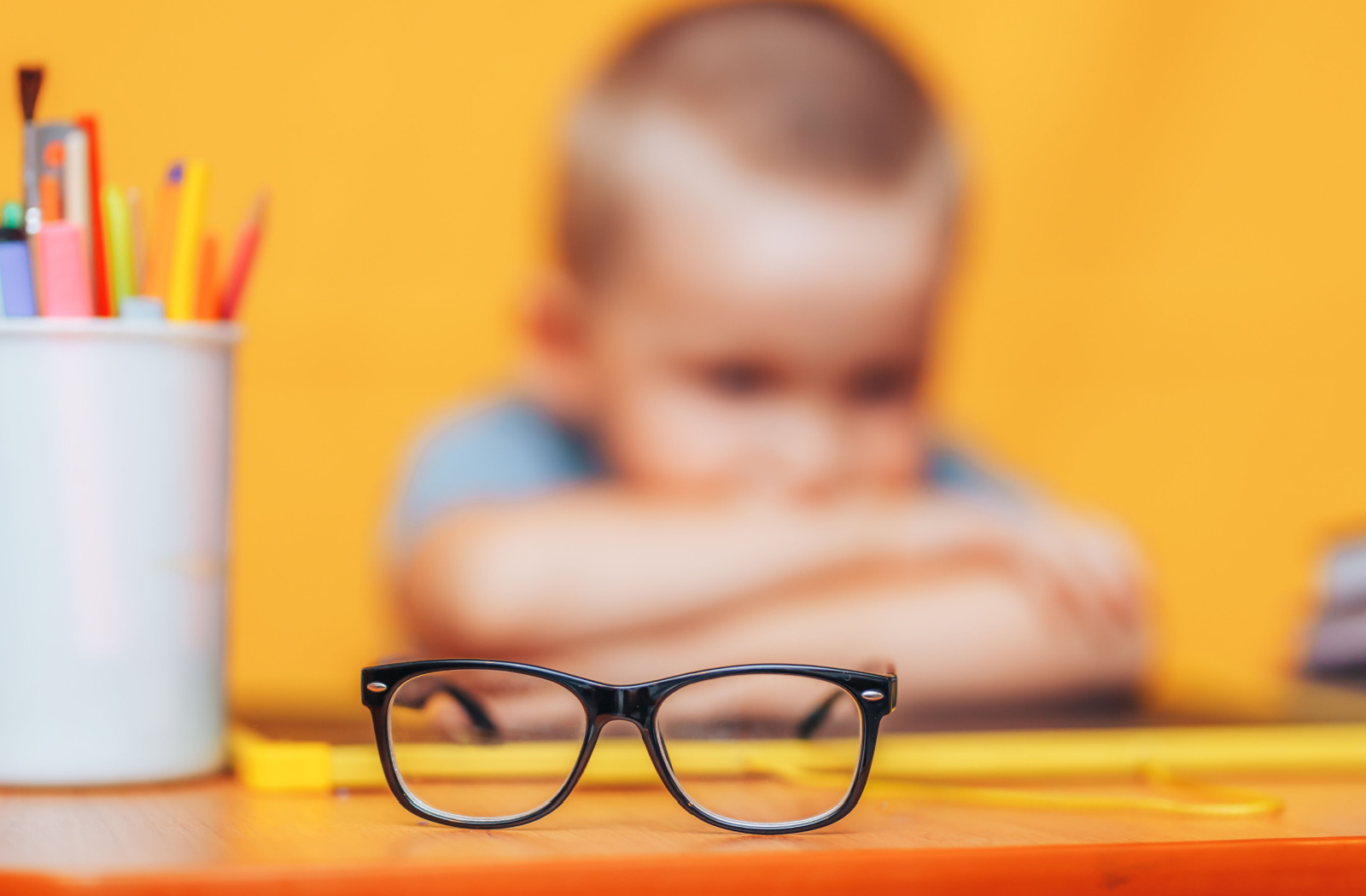
First, let’s clarify what nearsightedness is exactly. The technical term for the condition that causes nearsightedness is myopia, which affects approximately 30% of Americans. People with myopia can see objects up close clearly, but things farther away appear blurry. When your eye grows too long or your cornea is too curved, light that enters your […]


